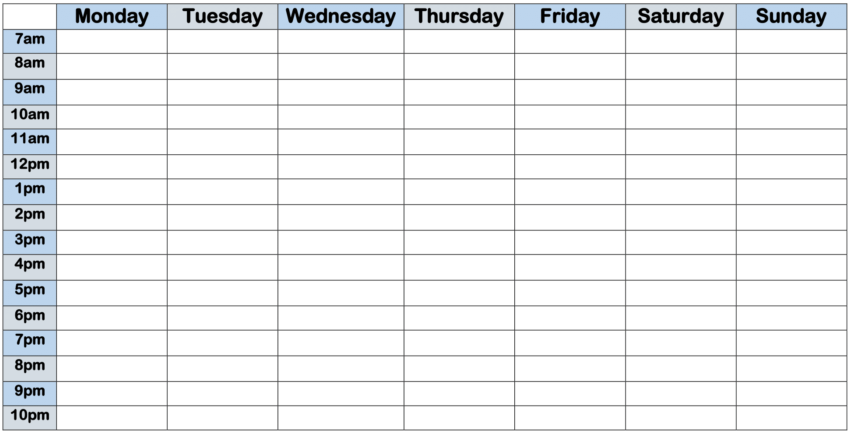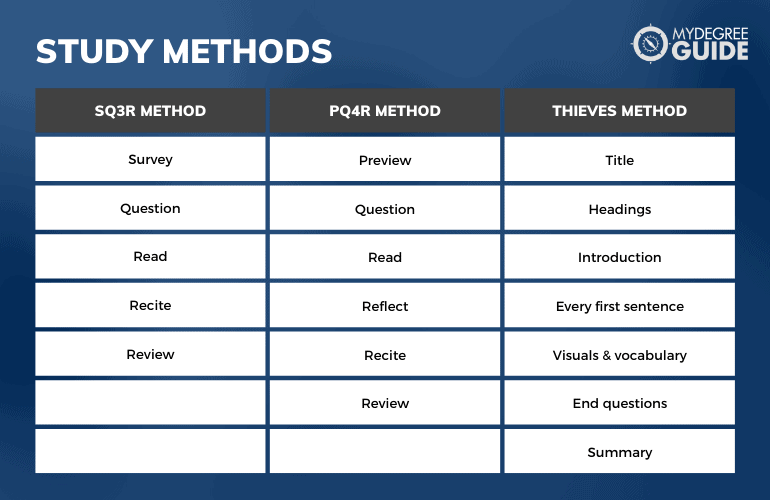If you’re a student, you’re likely aware that examination season is approaching. Planning and preparing for upcoming exams is crucial to ensuring that you perform at your best. Here are 5 ways to prepare for the upcoming exams.
1. Create A Study Schedule

Creating a study planner can greatly assist you in visualizing your study schedule, including the subjects you need to cover, and the timing based on your examination dates. While it is ideal to use the examination period for revision, assuming you have been studying consistently throughout the semester, it is important to acknowledge that not everyone follows this approach.
So to make studying an entire semester’s worth of content a little easier in a short time frame, we’ll move on to the next point.
2. Break Down Your Study Material

Breaking down your study material is a helpful way of studying for exams.
According to online resources:
- Start by dividing each subject into smaller topics or chapters.
- Identify the key concepts, theories, formulas, or definitions within each topic.
- Take the time to understand the core ideas and their interconnections.
- Create summaries or outlines for each topic. Highlighting the most important information. Consider using visual aids, such as diagrams or charts, to help organize and remember complex information.
Breaking down subject content into manageable chunks makes it easier to grasp and remember the material.
3. Practise Past examination Papers

Now that you have gathered some study material, it’s crucial to engage in regular practice to assess your knowledge. Testing yourself allows you to identify areas of strength and weakness, enabling you to focus on specific areas for improvement.
Consider revisiting previous tests and practicing with old exam papers to familiarize yourself with the question format and gain insights into how lecturers or professors structure their exams.
4. Use Effective Study Methods that Work For You

Utilise study methods that work for you. Some students study best with music, others use diagrams and some pretend to teach.
Whatever works for you, do that and don’t feel pressured to use a study method you are not comfortable with. Sticking to what you know works for you is ideal, and sometimes different subjects require different study methods.
5. Take Care of Your Mental Health

Taking care of your mental health during exams is important for your overall well-being and academic performance. Being an ‘academic weapon’ can be draining.
Start by prioritizing your sleep and eating nutritious meals throughout the day. It’s also important to give yourself breaks and downtime to relax and recharge.
When things get overwhelming and you need help, you should consider seeking support from friends, family, or academic resources.
With exam season slowly approaching, we at Afterbreak Magazine wish you success! Remember to do your best, take breaks when you feel overwhelmed, and pray.



